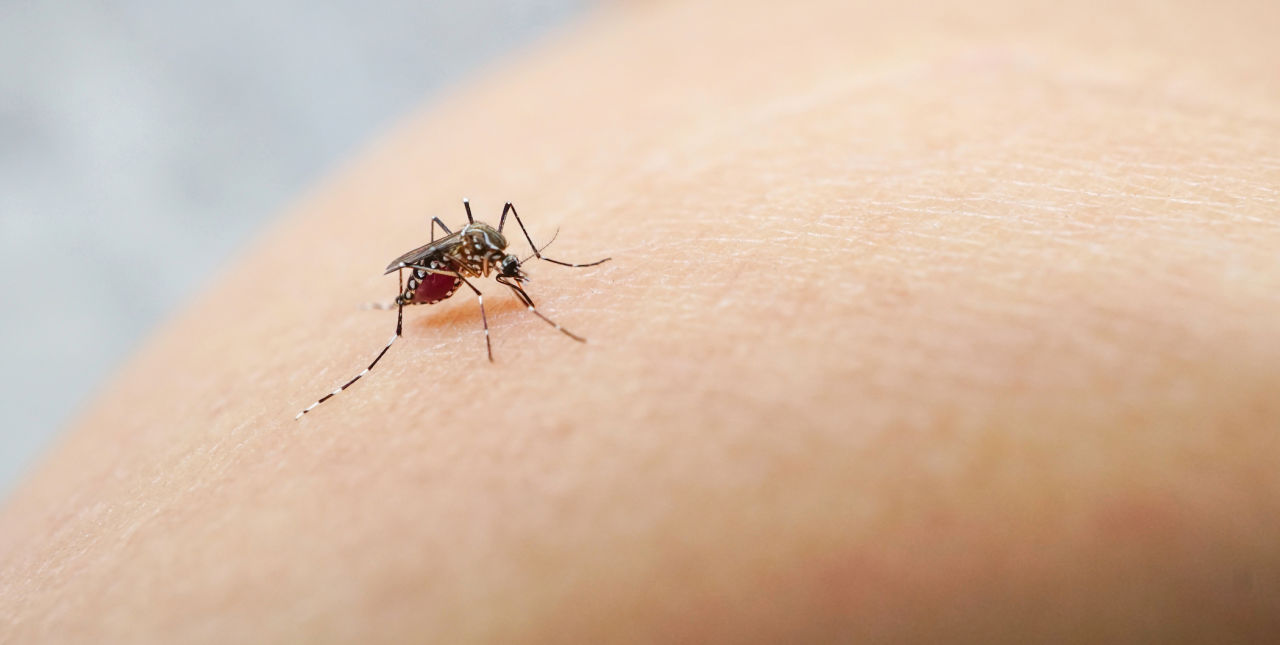

Mosquitoes Discovered in Iceland for the First Time Ever 🦟❄️
For the first time in history, mosquitoes have been found in Iceland. Three tiny insects spotted north of Reykjavík mark a surprising shift for the famously bug-free island and a new sign of how climate change is altering life in the far north.
Mosquitoes Arrive in Iceland
It finally happened. Iceland, long one of the only places on Earth without mosquitoes, has now joined the rest of the world. Three mosquitoes were recently discovered in Kiðafell, a rural valley about 30 kilometers north of Reykjavík.
Local nature enthusiast Björn Hjaltason first noticed the strange insects clinging to his “wine ropes,” a kind of moth trap. Over the course of three evenings, he caught two females and one male, then sent them to the Icelandic Institute of Natural History for identification.
Entomologist Matthías Alfreðsson confirmed the discovery: Culiseta annulata, a cold-tolerant mosquito species found across northern Europe and the UK. It’s the first verified case of mosquitoes living naturally in Iceland’s environment.
A Small Find with Big Meaning
While three mosquitoes might not sound like a big deal, the discovery is symbolic. Until this month, only Antarctica and Iceland were free from these biting insects.
Scientists have warned for years that warming temperatures could make Iceland more hospitable to mosquitoes. The country is warming roughly four times faster than the rest of the Northern Hemisphere, and the effects are already visible. Glaciers are retreating, warmer-water fish are moving north, and now even insects once kept at bay by icy winters are starting to appear.
According to Alfreðsson, Culiseta annulata can survive by sheltering in barns, basements, or sheds during winter. That means milder temperatures could help them stick around for good.
How Did They Get There?
The mosquitoes may have arrived by ship or cargo container. Hjaltason’s home sits just a few kilometers from the port at Grundartangi, a hub for imported goods. But whether they were accidental travelers or the result of shifting climate zones remains uncertain.
For now, researchers plan to monitor the area next spring to see if the species survived Iceland’s famously long, dark winter. If they reappear, Iceland could have a permanent mosquito population for the first time ever.
Why It Matters
This discovery doesn’t mean Icelanders will soon be swatting mosquitoes at every turn. Culiseta annulata isn’t known to carry diseases, and its presence so far seems limited. But it’s one more example of how the planet’s changing climate is quietly rewriting the map of where animals and insects can live. As Hjaltason wrote in his Facebook post after finding the first specimen, “The last fortress has fallen.”
FAQ: Mosquitoes in Iceland 2025
Are there really mosquitoes in Iceland now?
Yes. Three mosquitoes of the species Culiseta annulata were found in Kiðafell, Kjós, in October 2025.
Why is this discovery important?
Iceland was one of only two mosquito-free places in the world. Their arrival shows how warming temperatures are changing ecosystems once too cold for the insects to survive.
Can they survive Iceland’s winter?
Possibly. This species is hardy and can hibernate indoors or in sheltered places until spring.
Do these mosquitoes spread disease?
No. Culiseta annulata is not known to transmit diseases such as malaria, dengue, or Zika.
How did they get to Iceland?
Scientists think they may have arrived by ship or cargo container, though climate shifts could be helping them survive once they’re here.
Is climate change to blame?
Experts say it’s likely a factor. Iceland’s winters are milder than ever, making survival easier for insects that once couldn’t make it through the cold season.
Will mosquitoes become common in Iceland?
It’s too early to know. Scientists will keep monitoring through 2026 to see if the species can establish a permanent population.
We value your privacy
We use cookies to enhance your browsing experience, serve personalized content, and analyze our traffic. By clicking "Accept All" you accept this and consent that we share this information with third parties and that your data may be processed in the USA. For more information, please read our .
You can adjust your preferences at any time. If you deny, we will use only the essential cookies and unfortunately, you will not receive any personalized content.